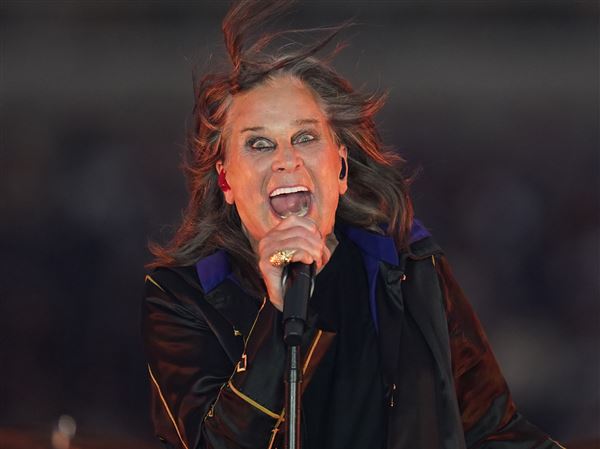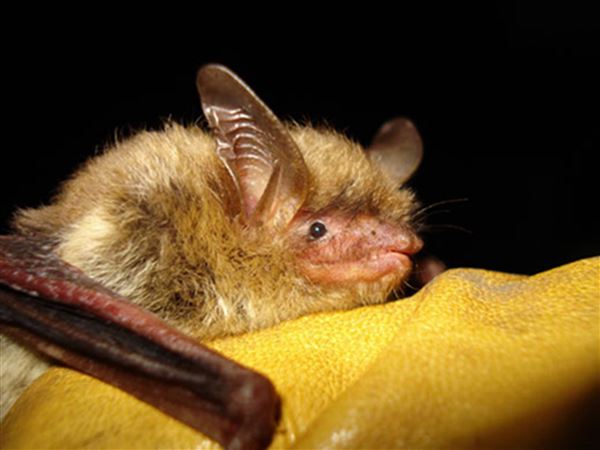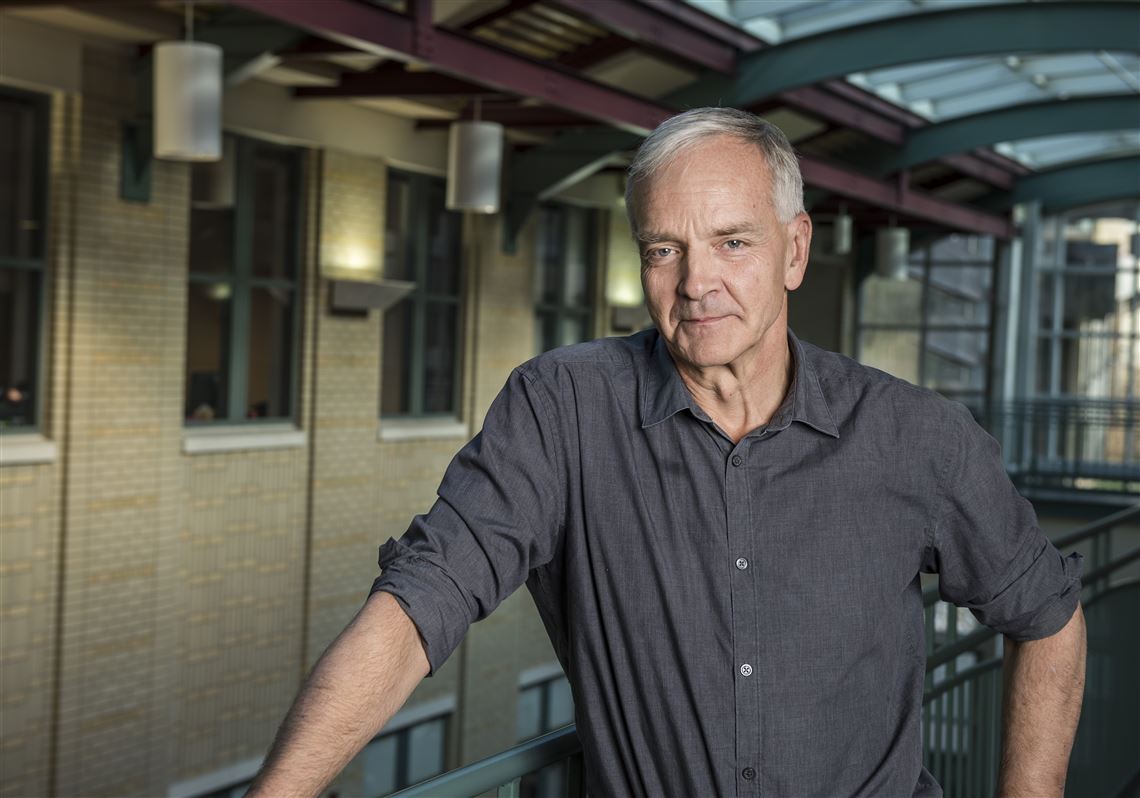The incoming dean of Carnegie Mellon University’s renowned School of Computer Science is a roboticist and head of CMU’s Robotics Institute who has been a university faculty member for 35 years.
Martial Hebert has served as the institute’s director since 2014 and is known among colleagues as a top researcher in the areas of computer vision, robotics and artificial intelligence.
He becomes dean Aug. 15, university officials announced Thursday.
Tom Mitchell is serving as the interim computer science dean, a post he has held since Andrew Moore returned to Google last year to lead the artificial intelligence effort for the California-based search engine giant’s division, Google Cloud.
Carnegie Mellon established its computer science school in 1988 as the nation’s first computer science college, elevating it from a department during the tenure of the late Richard Cyert, then Carnegie Mellon president. As the new dean, Mr. Hebert, 60, will head a college of 270 faculty and 2,300 students that is known internationally as a top-ranked school.
For generations, Carnegie Mellon has prided itself on an ability to work across disciplines in learning and research. In announcing Mr. Hebert’s appointment, officials noted the computer science school has spearheaded both software innovation and computational techniques while working at the intersection of computer science and other academic areas, among them biology, linguistics, humans and their psychology, engineering, cybersecurity, computers and society, along with the nature of work.
“Throughout his career, Martial Hebert has been an extraordinary and collaborative scholar who has elevated the global importance and prominence of robotics and computer science research,” said CMU Provost James Garrett Jr. in a statement coinciding with Thursday’s announcement.
“We are so fortunate that he will now lead our School of Computer Science as dean, and we are confident that he will succeed in advancing the school’s world-renowned academic, research and entrepreneurial mission.”
Mr. Hebert was born in France. He received a doctorate in computer science at the University of Paris, the same institution that awarded him undergraduate and masters degrees in applied mathematics, according to Carnegie Mellon.
He came to the Robotics Institute in 1984, five years after its creation, and was elevated to full professor in 1999.
The institute is the world’s largest robotics education and research institution with a projected budget of $90 million, according to university officials.
The school that Mr. Hebert will lead has seven departments: computer science, machine learning, language technologies, human-computer interaction, computational biology, software research, and robotics. Its various faculty collaborations include CMU AI, a campus wide initiative involving artificial intelligence.
Mr. Hebert said the computer science school has never been more strongly positioned for societal impact.
“I treasure the Robotics Institute — I’ve spent my entire career there — but I can’t wait to engage with all of the intellectual ideas that encompass SCS as a whole,” he said. “I’m excited about the opportunities for cross-collaboration across the full university.”
University officials Thursday did not provide the amount that Mr. Hebert will earn as dean. The most recent Internal Revenue Service form 990 for Carnegie Mellon available on Guidestar listed Mr. Moore's reportable compensation as dean at $561,834. The form covered the 2016 calendar year or tax year ending June 30, 2017.
Carnegie Mellon officials said computer science faculty and students have spearheaded development of self-driving cars, and that is an area in which Martial Hebert was a key researcher.
The school also invented computerized tutors that teach students algebra and conceived an AI program that strategically outplayed professional poker players, among other endeavors by the school and its researchers that include development of spin-off companies such as Duolingo, Petuum, Wombat Security Technologies, Near Earth Autonomy and Astrobotic.
In a phone interview, Mr. Hebert said how ubiquitous computer science has become in society is part of what makes being in the school exciting.
"What is both a challenge and opportunity is to develop and create those new fields, those new disciplines that combine computers with all these facets of life," he said.
Along with its benefits, artificial intelligence's implications in arenas from driverless cars to robotics in the workplace also pose thorny societal questions. Mr. Hebert said the university is tackling those ethical issues head-on through campus initiatives, including one that brings together expertise in robotics with philosophy.
It has been a common practice that computer science deans at Carnegie Mellon are hired from within the university, officials said. The last time the head of the Robotics Institute was selected for the computer science deanship was in 1991, when Raj Reddy assumed those duties.
About 50 percent of the school’s computer science undergraduates are female — more than double the national average and the highest share among the nation’s top computer science schools, officials said.
The school has repeatedly been the top computer science school in the US News college rankings and has an AI program also ranked number one, campus officials said.
Bill Schackner: bschackner@post-gazette.com, 412-263-1977 and on Twitter: @Bschackner
Updated at 2:37 p.m. Aug. 8, 2019
First Published: August 8, 2019, 4:00 p.m.





















